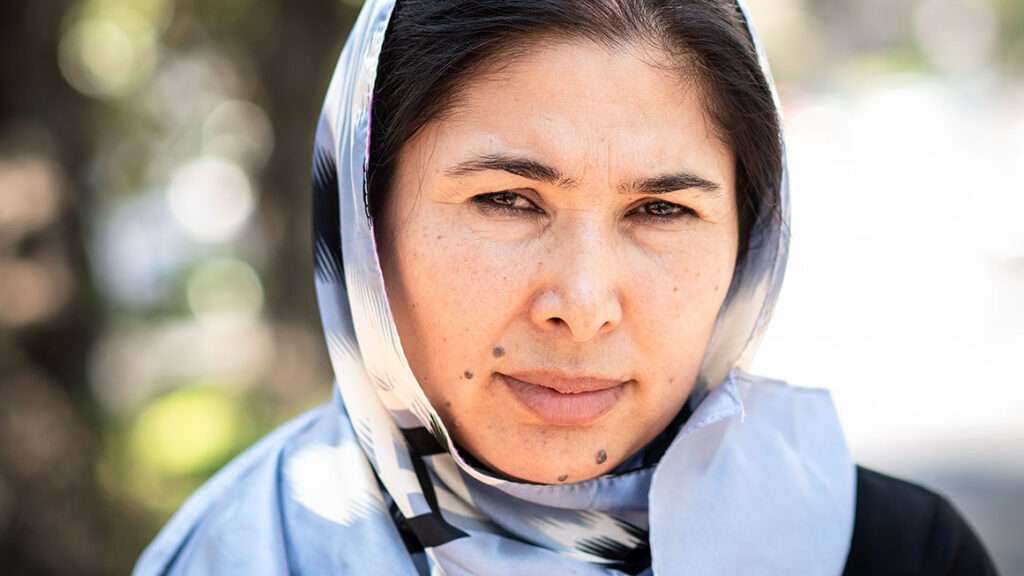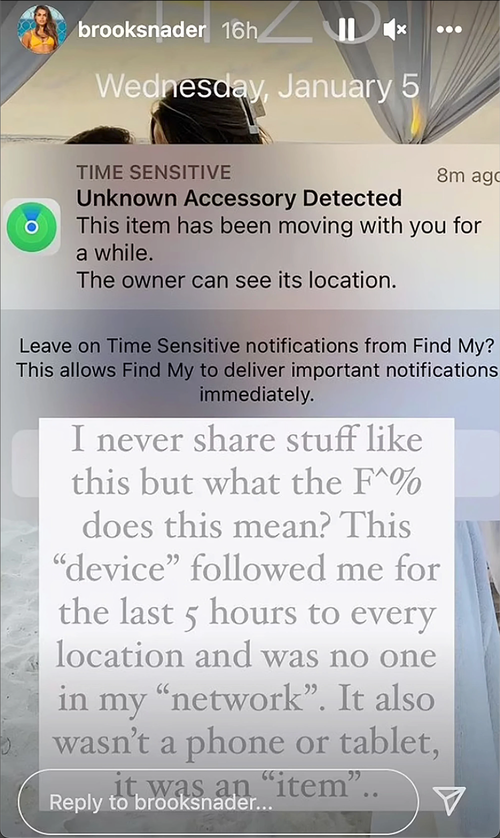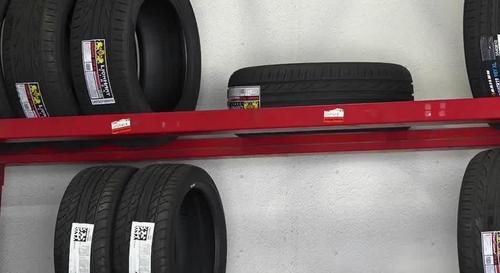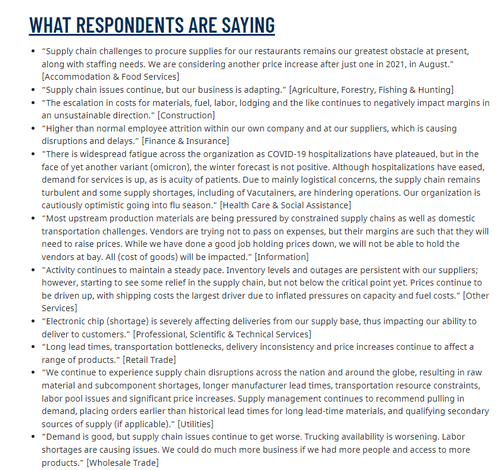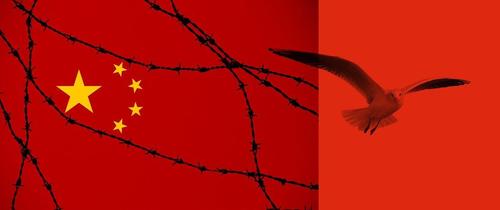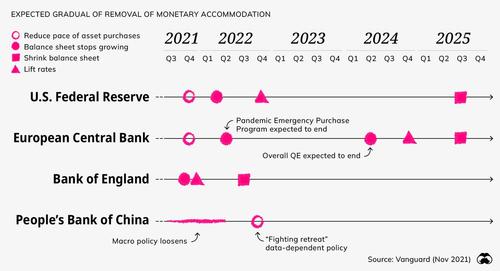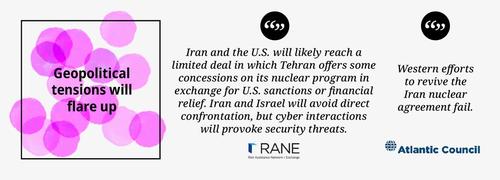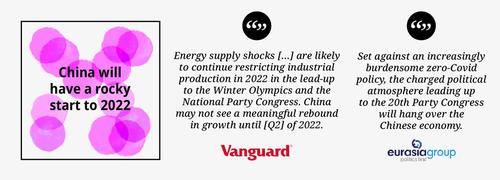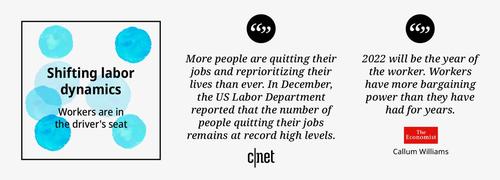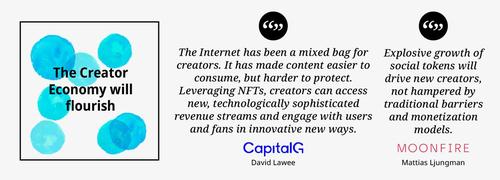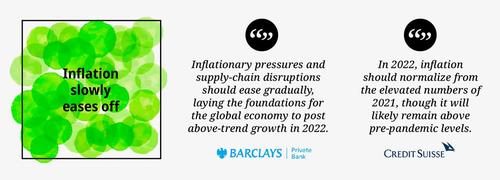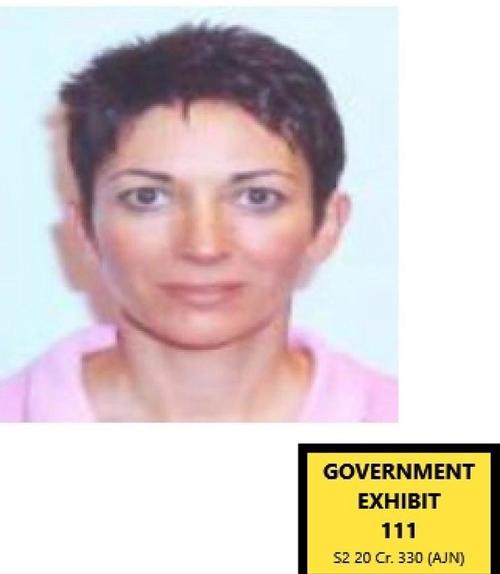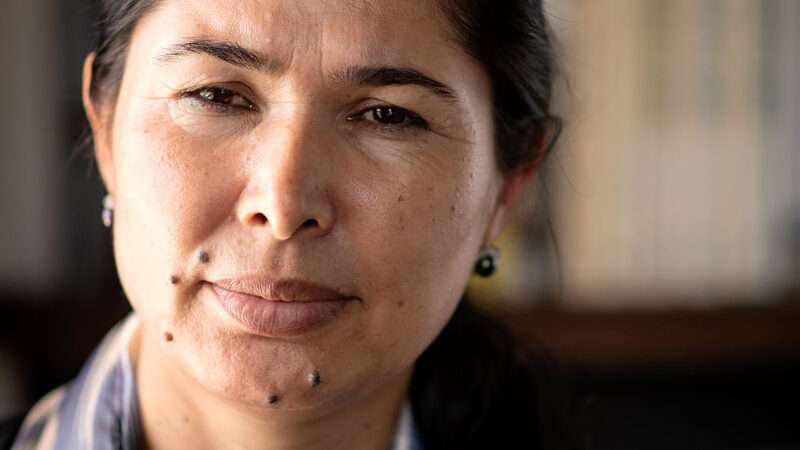
Before she fled, Tursunay Ziyawudun was one of about 1.5 million Uyghurs and other Muslims imprisoned in western China in what the government insists are “re-education” centers. She describes them as “worse than prison”—modern concentration camps.
Ziyawudun was born in what the Chinese government calls the Xinjiang Uyghur Autonomous Region, though she calls it East Turkestan. About a decade ago, she married a Kazakh man and moved to Kazakhstan. When they returned to her home village at the end of 2016, she says, the situation had “completely changed.”
Xinjiang, a region the size of Alaska, is home to 23 million people, 45 percent of whom are Uyghurs. The remainder are mostly Han Chinese, the majority ethnic group of mainland China. Today, Xinjiang is a police state where the government subjects the population to round-the-clock surveillance. Expressions of traditional Uyghur culture have been criminalized, and the threat of the concentration camp looms over every -interaction.
In April 2017, Chinese police arrested Ziyawudun and held her for a month. They released her only because she was ill. Since the police had seized her passport, she couldn’t return to Kazakhstan, though her husband eventually did. In March 2018, she was arrested again and imprisoned for nine months, during which time she was sexually tortured and witnessed unspeakable horrors.
Ziyawudun was lucky to make it out of China alive with the help of humanitarian groups—she declined to be more specific, for fear that the path she took will be closed to others—and she still has medical issues stemming from her treatment while imprisoned. She currently lives in the United States under the auspices of the Uyghur Human Rights Project. In September, Ziyawudun spoke about her experiences, often through tears, with Reason’s Noor Greene in Washington, D.C.
A caution to readers: This interview describes Ziyawudun’s experience in the camps in graphic terms.
Reason: Before you left with your husband for Kazakhstan, what was life like?
Ziyawudun: Before I got married to my husband, I lived with my family. My father passed away when I was 14 years old. However, I had my mom and other siblings, and I had other relatives as well, all scattered around Künas County. I had a kind of normal life. I had my own clothes-sewing shop. After I got married to my husband, I had to go with him to Kazakhstan. Otherwise, I did not have any intention to travel overseas.
Even before I went to Kazakhstan with my husband, we knew. Not just in my family. All of us were living under pressure in my country, in my county, everywhere. It was inescapable. We still lived there, because that was our homeland, even though we were under pressure. Since that kind of condition already existed in my country, after I got married to my husband—he was already a Kazakhstan resident—I left.
How was your life different from that of other ethnic groups in China—for example, from Chinese people who are Han? Were there things that you were not allowed to do that they could do? Or did you feel like you were under more pressure than other ethnic groups within China?
Certainly there are differences of treatment. I mean, definitely, we live different lives compared to the Han Chinese. Not only just myself. I grew up witnessing those differences.
In my village, there was a time they asked us to move from where we lived. They said they were going to do development projects, and they pushed all Uyghur residents to move out from that area. But when we moved out, they simply confiscated our properties and land, giving us very little money, almost nothing.
Exactly the same situation happened to other Chinese residents in the area as well. But for the Chinese residents, they were given really good incentives and rewards. For example, one Han family was offered two houses, good opportunities for their whole family, everything. But we did not get that kind of treatment like the Han Chinese did.
Because so many Uyghurs lost their land and their properties, we appealed it to the government, but nobody heard our plea. Nobody listened to us, and nothing was resolved. As a result, my mother was very upset. She was telling the authorities that there are four boys in the family, six siblings, and whatever the Chinese families got, then her family and her sons also should get the same thing. But nothing happened.
My mother had brain bleeding because of all this pressure and the injustices. And later, she passed away. But when she appealed about the property and the confiscation of land, the authorities threatened her that if she kept doing what she had done, they were going to imprison my brothers.
There are many such ways that we are treated differently from the Han Chinese.
Before you left, things were not great for Uyghurs, but you said you were able to live fairly undisrupted lives. You got married and went to Kazakhstan. Then you came back five years later, and things had changed.
Although we were living under suppression, we still lived our life. We were hopeful. We were solid. We were trying to be happy. That’s how we are, the Uyghur people—no matter how much difficulty we go through, we still find some kind of enjoyment from life. And that’s how we lived, how we were before. But when I came back to my country after five years, I saw a complete difference. I don’t know how to describe it. I mean, it just completely changed.
Yes, previously we had the pressure and we had the restrictions. For example, we weren’t allowed to pray or allowed to practice our religion in the office or in public places. There were regulations, but they were not just directly saying, “Don’t do this. Don’t do that.” But when I went in 2016, after five years in Kazakhstan, that same kind of regulation had absolutely gone into everybody’s house. The authorities were going house by house for every resident, telling them what to do or restricting what you can do.
Originally, Künas County, where I grew up, was a very beautiful place. What I witnessed when I crossed the border, all the way to my hometown, the whole situation, the whole scene, was just—it was like a war zone. I used to watch videos of the Iraq War and other wars: Every street that you can see is full of armed military, tanks on the streets, military parades and military exercises everywhere. The whole stadium is full of fully armed police. You feel like there is going to be a war. That’s how it was. I personally realized this horrible change as soon as I got home. And as soon as I got home, after two hours, the police came to see me.
When you came back to your hometown, were there any signs that you might get arrested, or was it a surprise to you?
I didn’t have that feeling. I felt that the situation had changed, but I did not realize that I would get arrested until I was taken to the camp. They say it’s a camp, but I can say it’s a prison. Until I was taken there and locked up, I did not realize I would face such an extreme situation.
Were there others arrested with you?
Yes. My nephew, my older brother, my younger brother. In fact, there were many people from my village. I know all the names, and right now I can’t remember, but I do know all the names that disappeared from my village.
Walk us through that day. Do you remember what you were doing?
My husband and I were walking on the street. They had already confiscated our passports. Suddenly we got a phone call from the police. They asked, “Where are you?” And we told them we were in such and such place, and they said, “Just stay there. Don’t move. We will be there soon.”
We knew we were unable to go back to Kazakhstan because we didn’t have our passports. So we stopped and waited for them there. And then a police car came and they told me, “You have to come with us for a one-hour meeting.” And I said, “Look, we haven’t eaten yet. I want to eat something first and then go.” They said, “No, no, no. It’s just for a one-hour meeting.” And the two policemen came out from the car. They forced me in and took me away.
The policemen took me to the camp. They were about to leave, and I realized that I wouldn’t be released, and I just screamed and cried and begged those policemen to take me away with them. “Why have I been arrested, and why am I supposed to stay here? Just please, please take me back.” I saw about 800, 1,000 people there already. So I begged, but nothing happened. And that’s how I ended up detained there.
Why were you eventually released? And did you know if your husband was also arrested?
They didn’t arrest my husband. They only arrested me. About a month after, I had to be released because I was very sick. I was taken to the hospital, and the doctor diagnosed that I had a digestional infection. With that I wasn’t able to be detained, so they released me.
After the release, I talked with my husband and said, “I think it’s better if we leave.” So soon after I was released, we went to the police station to get our passports back. But they said that they’re not going to return both passports. They said, “We’re going to only return one passport,” the Kazakh passport, my husband’s passport. But not mine. They would allow my husband to leave because he is Kazakh. But they told my husband that they were giving him only two months to be in Kazakhstan. And if he didn’t come back within two months, they said they were going to arrest me again and detain me. And that’s how I ended up arrested the second time.
You think your husband was not arrested because he’s Kazakh, not Uyghur?
Yes.
Is this normal? Are there certain nationalities that would not be detained, but their Uyghur spouses would be detained?
Yes, there are different treatments. If your husband is another nationality, if they are a foreigner, they don’t get detained like Uyghurs. And if one person gets married to a Han Chinese, that whole family, none of the people will be taken to the camp.
There was a time people got arrested because of their religious beliefs—because you prayed, because you did religious activities. Again, detainment for those reasons harshly targeted Uyghurs particularly. Kazakhs are also definitely targeted, but not as severely as Uyghurs.
You were taken to a place—I think the Chinese government calls them re-education camps. You said it was prison. What was it like?
Yes, at the beginning they called them re-education camps. They didn’t say that they were just concentration camps at the beginning. They had converted schools, hospitals, and those kinds of facilities into the camps. But later they completely changed and made it look like prison.
What I have been through—it’s worse than prison. That’s what I can say. It’s much worse than what prisoners go through.
Tell us a little bit more about your second arrest. Were the facilities that you were in different than your first time, or was it the same place? How were the two experiences different from each other?
On March 8, 2018, I got a phone call from the Chinese police that said, “You have to come to the police station.” I felt bad, because in January and February my two brothers were taken to the camp as well. And then I got this phone call. I said, “Am I going to be taken to the camp again?” The police told me, “Yes, you’re going to do a bit more study.”
Since at the time I was living alone, I told the police, “Is it OK if I just arrange a few things? And then I’ll go on March 10.” The police said OK. So I went by myself to the police station on March 10. And the police took me to the camp that I went to before. But when I went a second time, it was completely changed. The school was completely converted into a prison. They had closed the other doors of the school. There was just one gate. There were high walls of barbed wire. You couldn’t go within about 100 meters of the gate of the camp, because everywhere were police cars. It looked just like a prison.
They say it’s a school, but in reality it’s not a school at all. Yes, there are lessons—Chinese lessons only, about two hours a day. Everyone is forced to speak in Chinese, from very old people to very young ages. But also there were interrogations all the time. And when they interrogate you, they’re going to torture you. It’s not like a school. You will go through torture when you get interrogated.
What did they want from you? Were they trying to get you to give them information? Was there something that you would need to say for them to stop torturing you? Or was it just intimidation?
Yeah, that was my question at the beginning. “Why would they torture us? What’s our guilt?” Because most of the people are innocent over there. The only crime of most of us was that we were Uyghur Muslims.
Once I was interrogated under torture—I remember clearly; it was with electric equipment—and I overheard with my own ears one Chinese man saying, “Look, we should stop, because she’s going to die.” And another one was saying, “She’s going to die. I think it’s a bit too much.” And another Chinese man was saying, “So what? I mean, if she dies, so what? Anyway, isn’t our purpose just to kill them all?” So from that, I can tell that the purpose of the torture is they just want to get rid of us.
If it’s not too hard, can you tell me a little more about what they would do?
The interrogation in the prison is just horrific. It starts with questioning, of course. Every time they interrogated me, the first thing they asked was: What did I do in Kazakhstan? Who did I meet in Kazakhstan? Do I have any relationship with an organization in the United States? And whenever you say “no” or “I don’t know” as an answer to the questions, you get hit.
As a punishment once, they had me sit on the tiger chair. For a full three to three and a half days they didn’t give me any food. I think it was about our third day, and one of the Kazakh prison officials brought me some food and told me to eat. I was so upset and angry. I just grabbed his shirt and told him, “Why didn’t you just kill me instead of torturing me? Just kill me.”
While I was doing it—I don’t know where he came from—one of the Chinese police came in, and I don’t know what he used, but he beat me so hard I fell down onto the floor. Then he started to kick my stomach with his heavy shoes. I wasn’t able to breathe, and I wasn’t able to move. From the beating and the kicking, I started to bleed.
Other than beating, I faced even worse nightmares in the camps. Sometimes I used to see girls brought in. Those girls’ whole bodies were bruised, and the marks—it looked so -horrible. I didn’t know what had happened to them at the time, until the same horrible thing came to me. The nighttime is the most horrific and scary time in the camps.
One night, I was also taken. They inserted electric equipment into my vagina, and that’s how they tortured me. And then I was gang raped.
Were there ever times when you wished that you were not Uyghur?
Yes, definitely. I was scared to death. There were times I wished I were not Uyghur, but I never, ever wished I could become Chinese.
Sometimes I wished I was Kazakh, because they gave back my husband’s passport and they didn’t do mine. But now I think it’s no use. I’m proud of being Uyghur, and I’m proud of being a Muslim. So that’s how I wish to die as well.
There were such brave women in the camps. I remember a young girl tripped and fell down, and another lady came up and tried to carry her. The Chinese guard said that they would kill her, but she was so brave. She stood up saying, “Do whatever you want to do, but I’m going to pull her up, because she is my sister.”
Because of her bravery she was beaten to death in front of everybody. We have been through such horrific things, but I’m still proud of being Uyghur.
Are Uyghurs who adopt Chinese culture left alone?
I don’t know how to explain it. Even if we become Chinese, completely give up ourselves, still we are second-class citizens. They don’t trust us. No matter how we change, still we’re not one of them.
When I was released from the camp, I told the police, “Look how I’ve changed. Yes, I accept it. Whatever you say, I follow it. That’s what I’m going to do, and that’s how I’m going to live.” But one Chinese policeman told me, “In order to comply—or in order to truly become who you are—you better not go back to Kazakhstan. Don’t go to Kazakhstan. Just get married to me as my second wife.” That’s how insulting they are.
If you get married to a Chinese man, you won’t be taken to the concentration camps. But the only thing those Uyghurs are able to do is save their lives—but not dignity, not honor. They are physically alive, but spiritually, mentally, and just as a person—nothing. They are treated like slaves. They have to do whatever the Chinese tell them to do, and they always face discrimination. And so what I’m saying is there is a difference. One is just living, staying alive. And one is living like a human being.
How is your life in the U.S. in comparison to your life back home?
I never think of the value of my own personal life, but I’m so glad that I’m in the free world. That’s the most happiness that I have here, because I’m free, and I have the opportunity to talk and to tell the world about what’s happening to my people. I am seeing that there is interest, support, and caring about what’s happening to my people on the world stage.
That is giving me hope. I am hopeful to live. I am hopeful that we’re going to have a future. Because even when I was in Kazakhstan, I was kind of thinking that we’re finished. We’re going to be wiped out. But after I came to America, I feel I’m doing something meaningful. I feel that I’m at least contributing something to my people’s cause, and that makes me happy, hopeful, and wish to live.
Your husband is still in Kazakhstan. Are you able to talk to him? Is he able to come here to the United States?
Yeah, I do talk to him. I hope that he will come one day too. I’m working on his case right now. It’s in process.
Tursunay, is there anything else you want to say, that we have not given you an opportunity to say?
All I want to say to the world, to everybody—I just wish to scream it sometimes—is that time is passing. I’m thankful that people care about what’s happening to my people. But I wish there was some kind of practical thing that could be done. Just speed up. Whatever you’ve been doing, just speed it up.
This interview has been condensed and edited for style and clarity. It was simultaneously translated by Zubayra Shamseden.
The post Concentration Camp Survivor Tursunay Ziyawudun on Her Imprisonment in Xinjiang appeared first on Reason.com.
from Latest – Reason.com https://ift.tt/3q8WLte
via IFTTT
